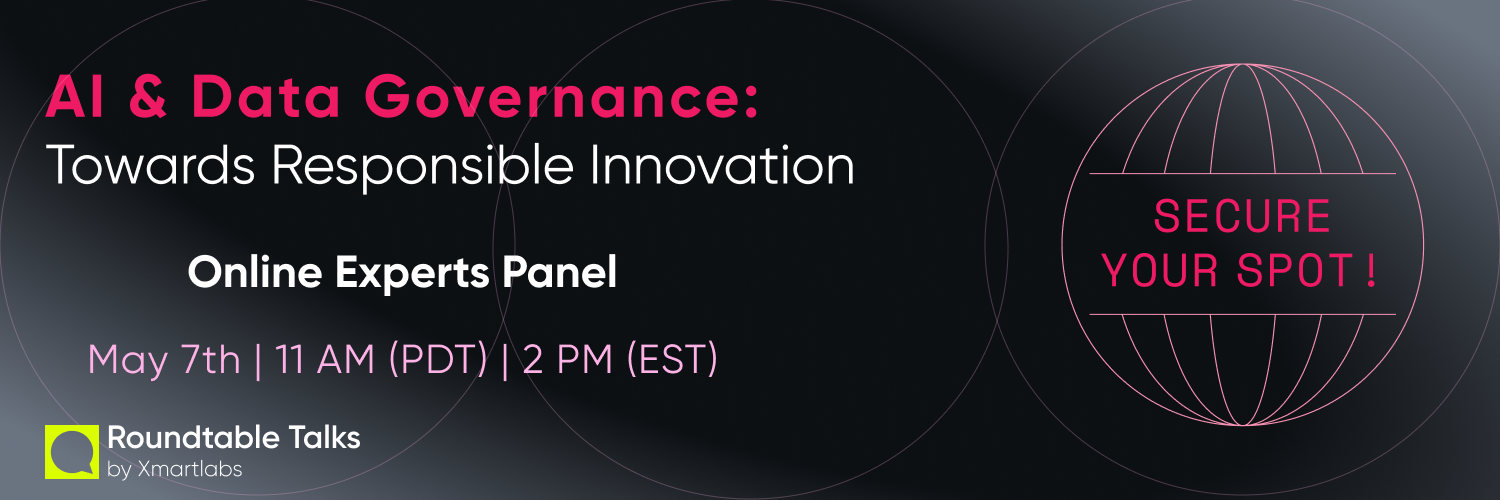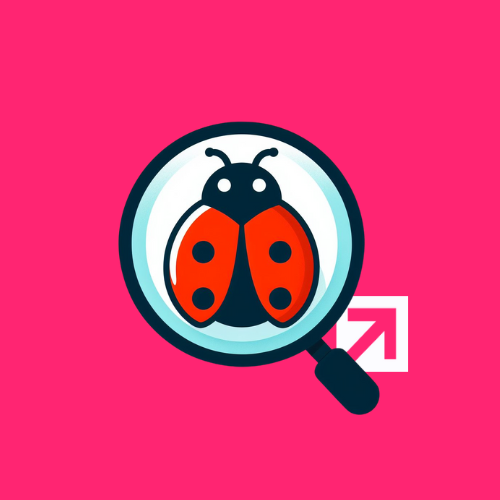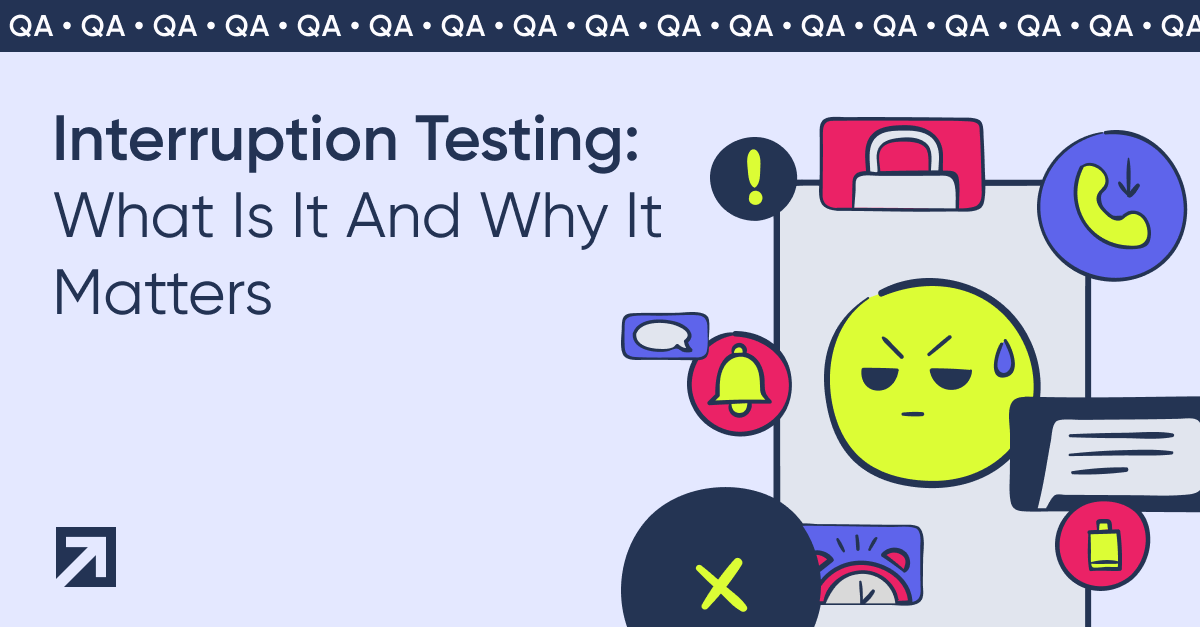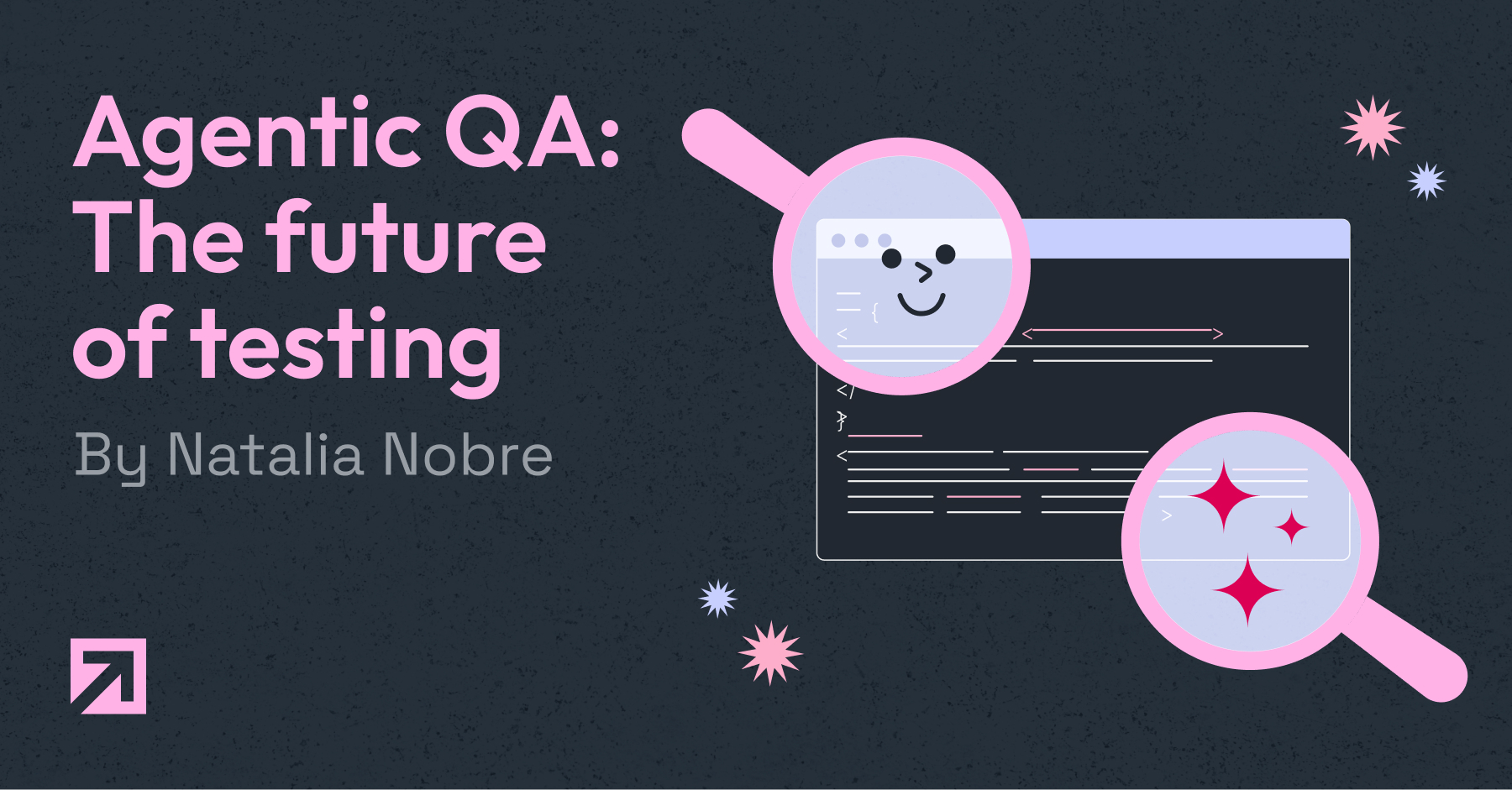
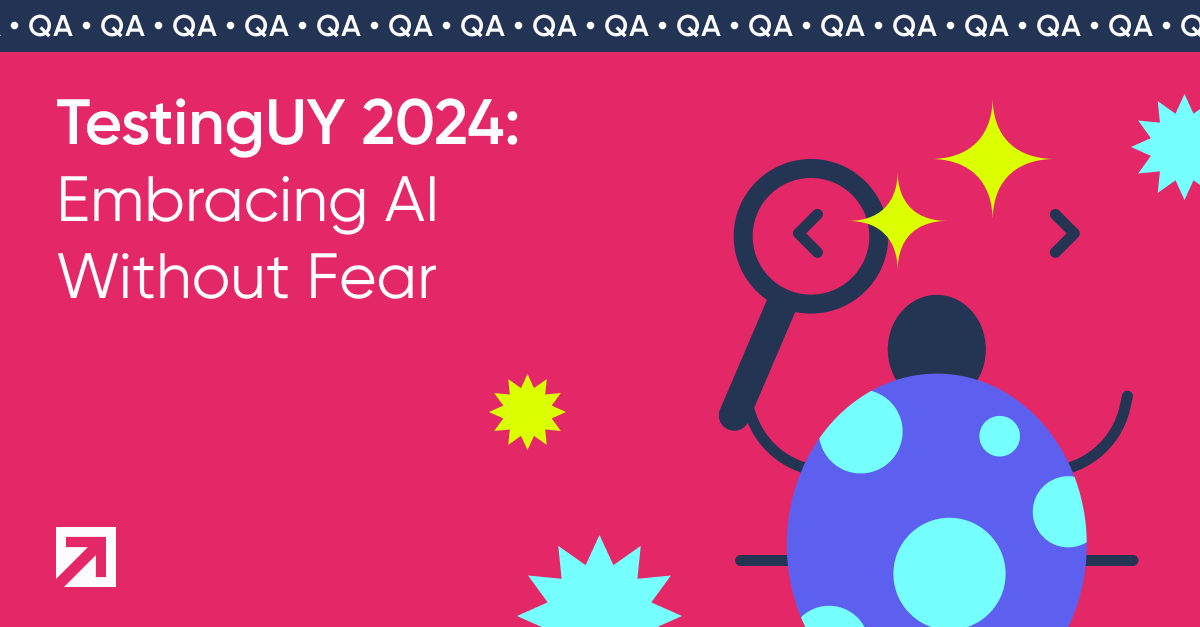
This year, our QA team had the chance to attend TestingUy's 10th edition, a prominent testing event in Latin America that gathers professionals and enthusiasts from all over the region. This event brings the testing community together with the purpose of sharing knowledge and connecting.
Unsurprisingly the main focus this year was Artificial Intelligence (AI), a topic we explored thoroughly during the event. We learned a lot about its effective use in our field, and we're excited to share some key ideas in this article. Join us as we explore how AI impacts testing practices and how it can help improve our (and your) work. 🚀
Main Takeaways: Demystifying AI
We've all heard about AI, and it usually comes with many fears of the future and its impact on our daily lives (and jobs). So, it's only natural that TestingUy would feature discussions on this hot topic. In fact, AI took center stage in several conversations throughout the event, with two panels dedicated to exploring its implications.
Dona Sarkar (Director of Technology for Microsoft Accessibility) started the day with a discussion on testing in the era of AI and its impact on our work life. In the evening, an open panel led by Guillermo Skrilec, Damián Pereira, Elianne Elbaum, Federico Moreira, and Federico Toledo delved into the impact of testing for AI.
The main idea we gathered from these talks is that AI won't take over jobs on its own. Predictive AI has been around for quite a while; Alan Turing invented the 'Turing Test' in 1950, and Siri was released as a personal assistant in 2011. However, when Chat GPT was launched in November 2022, a shift happened— generative AI became something anyone could use.
GPT stands for “Generative pre-trained transformer,” understanding the concept of "pre-trained" in these models is crucial to grasping their significance in the AI landscape. When we say "pre-trained," we're referring to the process where these models are initially trained on vast amounts of data before fine-tuning for specific tasks or applications.
So, what does this mean for us? Basically, AI will help us save time, work smarter, and concentrate on adding real value.
How does the AI age affect Testing?
But not everything that shines is gold, at least not from day one… AI still needs our help ensuring we feed it good and valuable data to train the models, give feedback on the results, and repeat the process. As you can imagine, this generates a lot of new roles that didn’t exist a few years ago, and more job offers include the word AI in its title.
However, we have an advantage here! As Dona emphasized, we are in the innovation phase of AI, with only the second year since the introduction of ChatGPT. As early adopters, we should prepare accordingly. How? One critical aspect of testing involves guarding against biases, which can sneak into AI systems due to the biases in the data they're trained on. These biases can perpetuate harmful stereotypes and exacerbate societal inequalities without careful examination. For instance, if a language model consistently generates biased or exclusionary content, it could contribute to the marginalization of certain groups, including minorities. They showed a perfect example of this issue during an open panel discussion. They asked an AI to create an image of "a tech conference in San Francisco," guess what? The image only had white males in it. 😱
What really makes GPT models stand out is their initial pre-training phase. When we focus on thorough testing and ensuring everyone's included, we can create AI systems like GPT that work well and adhere to important principles like fairness, equity, and respect for diversity. This approach is crucial for shaping a future where AI benefits everyone. In Uruguay, the Microsoft AI Co-Innovation Lab enables companies to access cutting-edge technology at no cost to develop their products. Companies can engage with Microsoft engineers who provide support and guidance through this initiative. Uruguay aims to position itself as a global reference in technology innovation.
To sum up: Seize the AI Advantage
Attending the event gave us some precious insights into how AI can seriously boost our work, and we realized that now is the prime time to dive into AI training while it's still in its early stages. Plus, it gave us peace of mind—robots aren't taking our jobs (at least for now 😅). We'd also like to highlight the event itself and the effort the TestingUy organization put into making this a top-notch event, where everything works smoothly, and you are just focused on absorbing the quality knowledge they're putting in front of you.
👀 PS. You can find this year's talks on TestingUy's YouTube Channel!
At Xmartlabs, we're fully dedicated to AI innovation, building projects such as lanthorn.ai and our latest endeavor: a sign language practice assist system.
Engaging in internal projects alongside our daily project-related activities gives us a unique opportunity to unleash our creativity and explore the forefront of technological innovation. Through this, we gain several advantages, like exploring AI’s full potential, learning best practices, and being prepared to implement the insights in our client projects. Moreover, involvement in internal initiatives cultivates a culture of collaboration and continuous improvement within our team as we exchange ideas, tackle challenges together, and collectively work toward advancing our AI expertise.
We're committed to ongoing education about the ethical use of AI. We're excited to keep advancing our understanding of AI testing challenges and contributing to the wave of innovation AI represents. To further this mission, we are hosting an expert panel on AI and Data Governance. Register here to secure your spot—spaces are limited!
